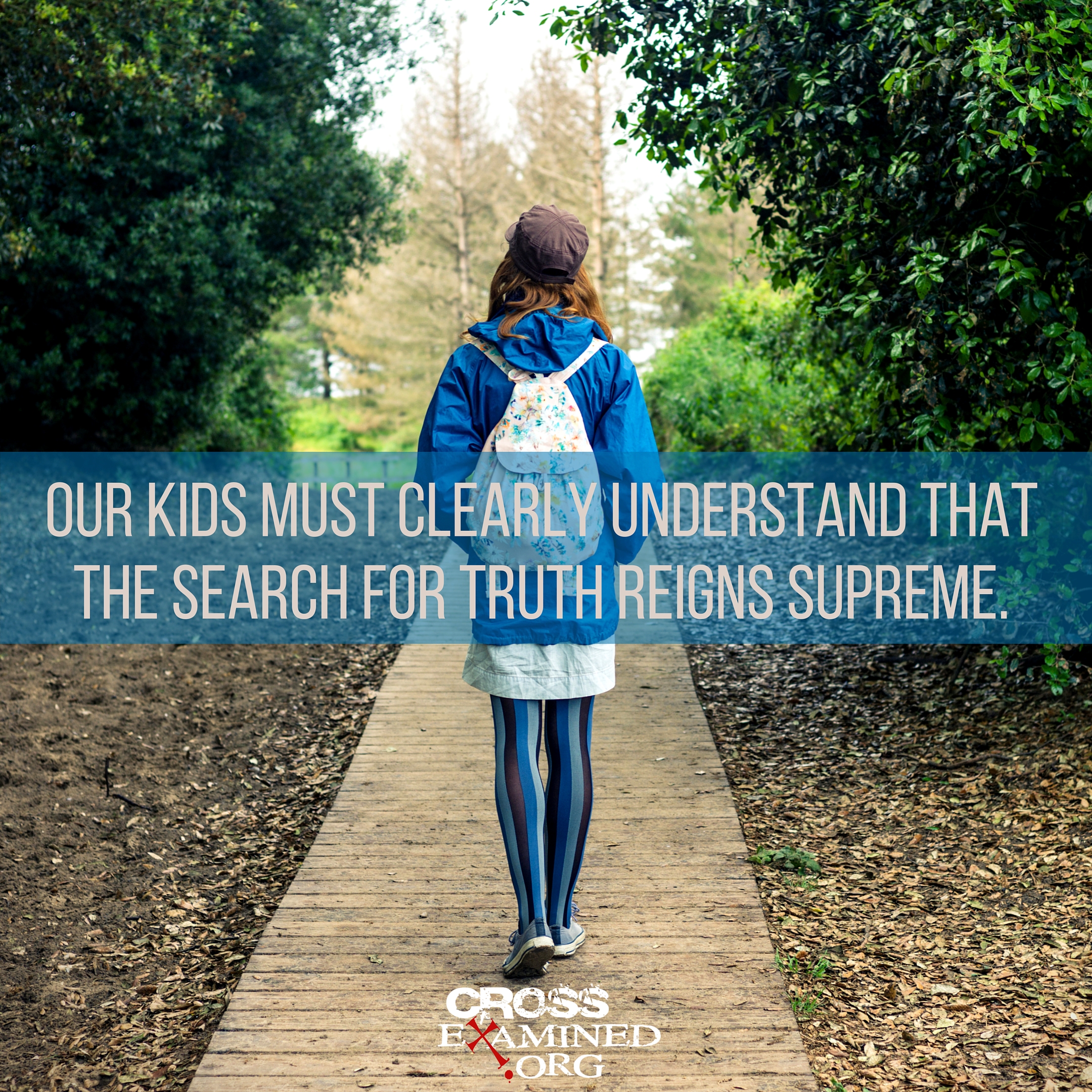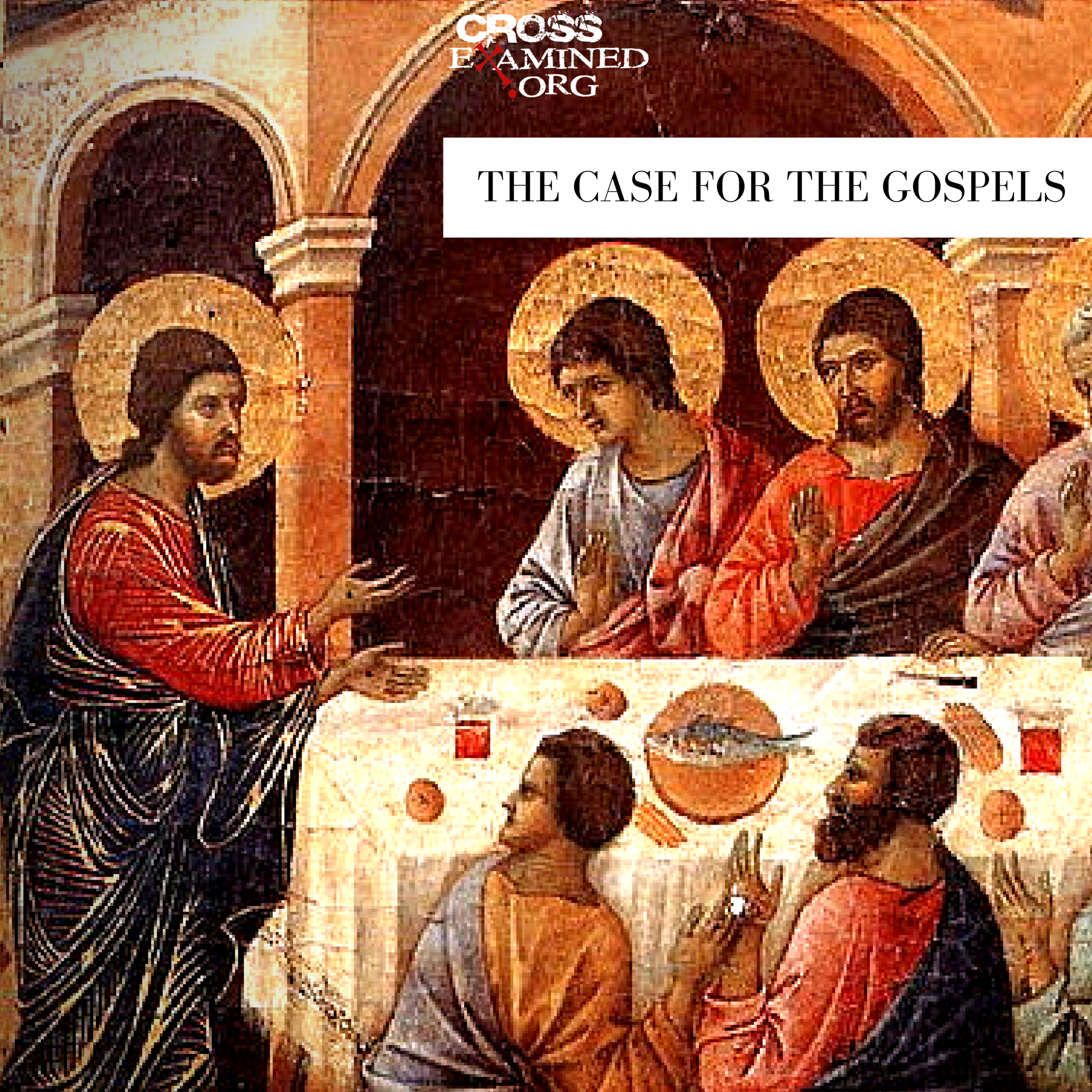3 Perspectives Every Child Needs for Their Spiritual Journey
I’m not a big TV watcher. In fact, the only guilty TV pleasure I have is watching Dateline NBC. I’m fascinated by the true crime stories and seeing how seemingly typical people get involved in crazy things.
Dateline recently featured the tragic story of Ian Thorson, a young man who got tangled up in a cult, eventually leading to his death. Thorson was born into an affluent East Coast family with all the trappings of opportunity. He was a laid-back surfer who went on to graduate from Stanford University. After graduation, he surprised his family by postponing a career and deciding to travel the world in search of “deeper meaning.”
While abroad, he got involved with a renegade Buddhist monk who promised enlightenment in return for total devotion. Through a long series of events, this eventually led to Thorson participating in a desert cult experience which resulted in his death (the full story is here).
Ian’s story pained me, as I marveled at how such an intelligent young man went so off course in his search for spiritual fulfillment.
I write a lot on this blog about how we need to equip our kids with specific Christian knowledge and experience to spiritually prepare them for the world. But as I watched Ian’s story, it reminded me that there are three spiritual perspectives that are critical for every child to have as well.
First, our kids must have a sense of spiritual priority.
A lot of young people like to adopt the glamorous-sounding label of being on a “spiritual journey.” But all too often, that spiritual journey is really a euphemism for “I don’t really want to commit to any stifling religious rules and doctrines so I’m going to just keep floating through life until I come across something that feels fulfilling.” It’s critical that we communicate throughout our Christian parenting that there is nothing more important than deciding what you believe.
How do we give our kids a sense of spiritual priority?
We demonstrate spiritual priority in our daily lives. There are no shortcuts here. If we’re not actually living a Christ-centered life, no words will convince our kids that our relationship with God is truly what is most important to us.
Here’s a quick gut check to tell you how you’re doing in this area: If your whole family stopped believing in God tomorrow, how different would your home be? (Convicting, isn’t it?)
Second, our kids must have a sense of spiritual urgency.
It’s one thing to acknowledge your spiritual life should be a priority. It’s another thing to live your spiritual life with a sense of urgency.
As humans, we’re usually shocked by unexpected death. That shock, however, is firmly rooted in an underlying assumption that everyone is going to live to a ripe old age unless a doctor has said differently. The uncomfortable truth is that any one of us could die tomorrow. We must always be spiritually prepared. Very few kids innately see life this way, so they need our guidance.
How do we give our kids a sense of spiritual urgency?
We cut the fluff. Romantic notions like “life is a journey, not a destination” lull kids into thinking they have all the time in the world to make decisions. For Christians, life is firstabout the destination, then the journey. The destination is eternity with God and what we do in the journey here on earth should be inextricably tied to that fact (Romans 14:8).
Here’s a letter I wrote to my kids as an eventual reminder that they need to live like they’re dying…tomorrow.
Third, our kids must have the right spiritual objective.
If I had the opportunity to go back in time and ask Ian one question, I would ask him this as he boarded the plane to head around the world: “What is your objective?”
I bet his answer would have been something like “to find meaning” or “to seek fulfillment.” Young people (and older people) too often search for subjective general meaning or fulfillment at the expense of looking for what is objectively true. One of the greatest gifts we can give our kids is a grounding in the right spiritual objective: Seek what is true.
How do we do that?
It’s an emphasis we need to weave throughout all of our faith conversations. It’s a constant acknowledgment that we are Christians because we believe Christianity is objectively true … not because it makes us feel good, not because it gives us meaning (all kinds of beliefs can give a person meaning), not because it’s what we like the best. Our kids must clearly understand that the search for truth reigns supreme.
Not sure how to communicate why Christianity is true? Start here: Getting Started with Apologetics.
What other perspectives do you think kids need when they set off for their “spiritual journey?”
Visit Natasha’s Site Here: christianmomthoughts.com
Click here to visit the source site of this article













Leave a Reply
Want to join the discussion?Feel free to contribute!